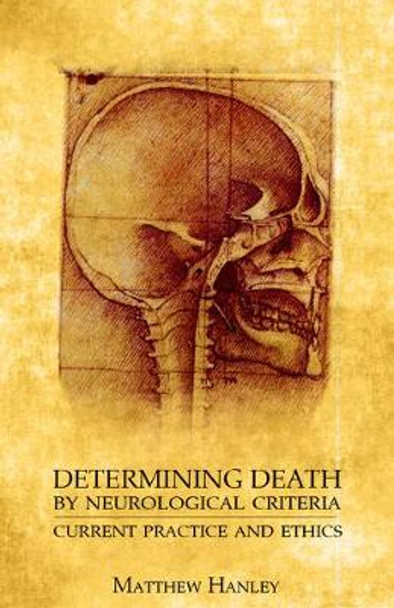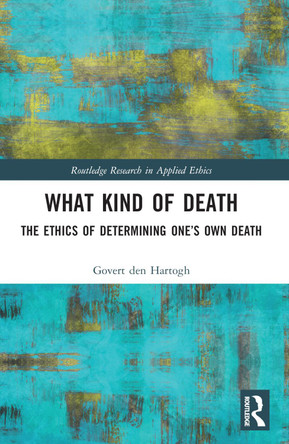Description
From a broader perspective, Hanley considers how the criteria rely on a philosophical conception of the person as a living organism whose unity disintegrates at death. This view, he notes, corresponds to the Catholic conviction that the soul is the life-principle of the body, which departs at death, bringing about the destruction of the body-soul composite. The Vatican, recognizing that death is a medical judgment, has generally given its approval to the criteria. Hanley also reviews the many and various objections offered by detractors, including against the use of the apnea test, which is faulted as a practice that sometimes hastens death. The problem of the continued presence of certain vital functions within the deceased body of the brain dead is explored in detail, with reference to particular cases and to solutions proposed by leading physicians and bioethicists. Hanley likewise addresses the dilemma of having two separate standards for death, one neurological and the other cardiopulmonary. Given the possibility of resuscitation following loss of the cardio-circulatory system, he concludes that the neurological criteria must be the true standard. Stoppage of the heart leads swiftly to the final necrosis of the brain.
About the Author
A former Senior Fellow with the National Catholic Bioethics Center, Matthew Hanley lives in California and writes on matters of bioethics, public health, culture and religion. His work has appeared in various national and international publications. He has extensive international health experience, and is the author of the award-winning book Affirming Love, Avoiding AIDS: What Africa Can Teach the West.
Book Information
ISBN 9780813233185
Author Matthew Hanley
Format Paperback
Page Count 252
Imprint The Catholic University of America Press
Publisher The Catholic University of America Press
Weight(grams) 300g









